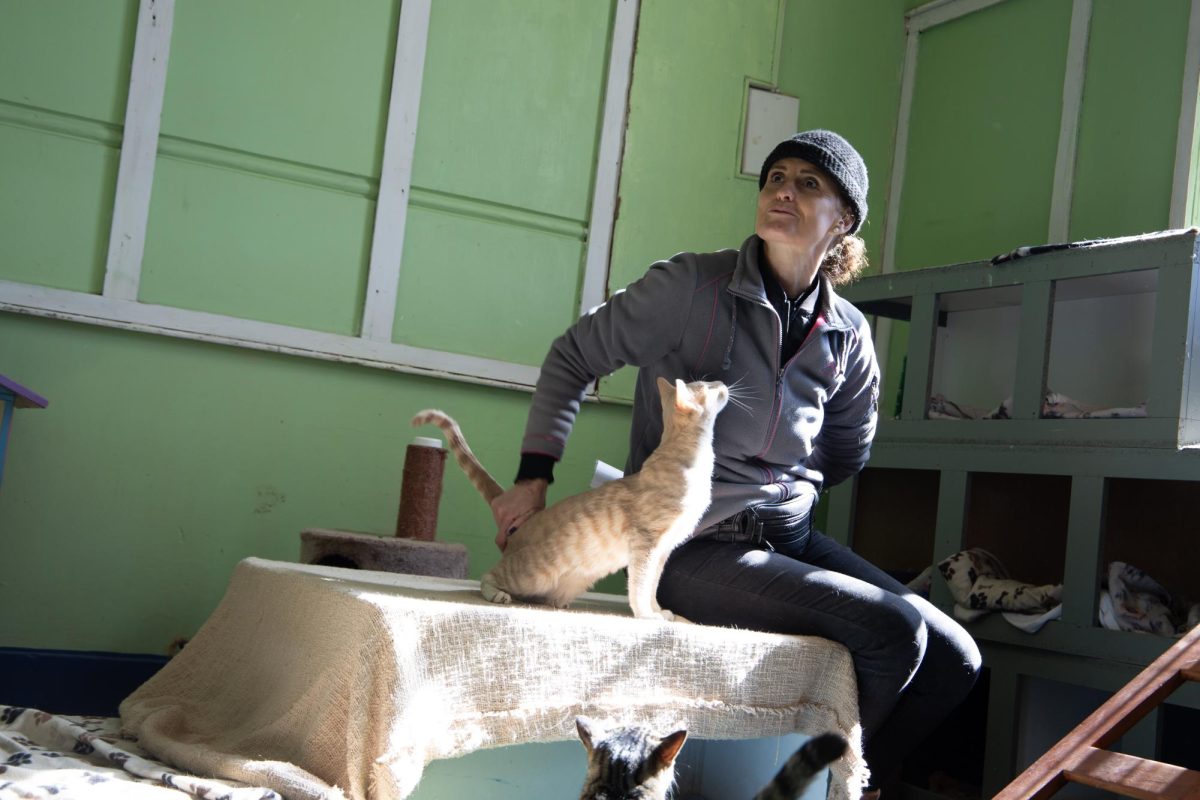St. Joe’s Office of Community Standards issued a revised anti-hazing policy this semester in response to the Timothy J. Piazza Anti-Hazing Law that was signed into Pennsylvania Law by Gov. Tom Wolf late last year.
The Office of Student Life and the Athletics Department collaborated on updating the policy to be in compliance with the state’s anti-hazing law, according to Bill Bordak, director of Community Standards.
“The new law defines hazing more specifically,” Bordak said. “So we mirrored the Commonwealth definition, for the most part, in defining hazing.”
In a Jan. 14 email to students, Bordak provided information about the new policy, including a link to three hazing incidents reported on campus between 2014 and 2016. These incidents involved Sigma Phi Epsilon fraternity, the women’s softball team and Alpha Gamma Delta sorority. All three organizations were found responsible for violating the university’s hazing policy and alcohol policies.
Nicole Morse, assistant director of Student Leadership and Activities, said the changes in the policy include the requirement to publish a biannual report of hazing incidents and a clarification of the definition of hazing.
“The law tried to make sure that we understand that hazing is nuanced,” Morse said. “The biggest thing that came out of [this] was the definitions between organizational and institutional hazing.”
Bordak said students often do not understand what hazing is, so understanding these definitions is key.
“The first step is having a policy that helps students understand what hazing actually is and also educating on the impact that hazing has,” Bordak said.
Although the updated policy is now included in the 2018-2019 Student Handbook, which is available online, Bordak said the work combatting hazing is not yet complete.
“Over the course of time, we will continue to educate the community on not only the policy but on hazing and how to develop and welcome new members into clubs and organizations in a safe way,” Bordak said.
In her capacity as assistant director of Student Leadership and Activities, Morse is a part of the team in charge of educating students about the new policy.
“Right now, the main people we have been interacting with are our new member educators and our presidents [and] our leadership teams,” Morse said. “For example, this semester it was the first time we did the new members educators
training. Anyone who is conducting or leading that education had to go through a two-hour training.”
Phi Sigma Sigma president Amelia Kuhn ’20 said she understands the emphasis on this new policy update.
“The Greek community should make sure that all new members feel welcome and that they are safe,” Kuhn said. “And it isn’t just the new members but also their parents. With Tim Piazza’s death, they might be more scared for their child to join a fraternity or sorority. Saying ‘these are our rules and this is what we try to push at St. Joe’s’ makes it easier for them.”
Shana Hildreth ’19, captain of the women’s club soccer team, said she believes the new policy helps St. Joe’s combat the notion that hazing is a normal thing to do.
“We have such a friendly campus that there is no need to put any hostility through hazing on the field, in the classroom or anywhere,” Hildreth said. “The anti-hazing policy just kind of reminds people what hazing specifiically is and what the punishments are if you still choose to partake in hazing.”
Charley Rekstis ’20 contributed to this article.







































